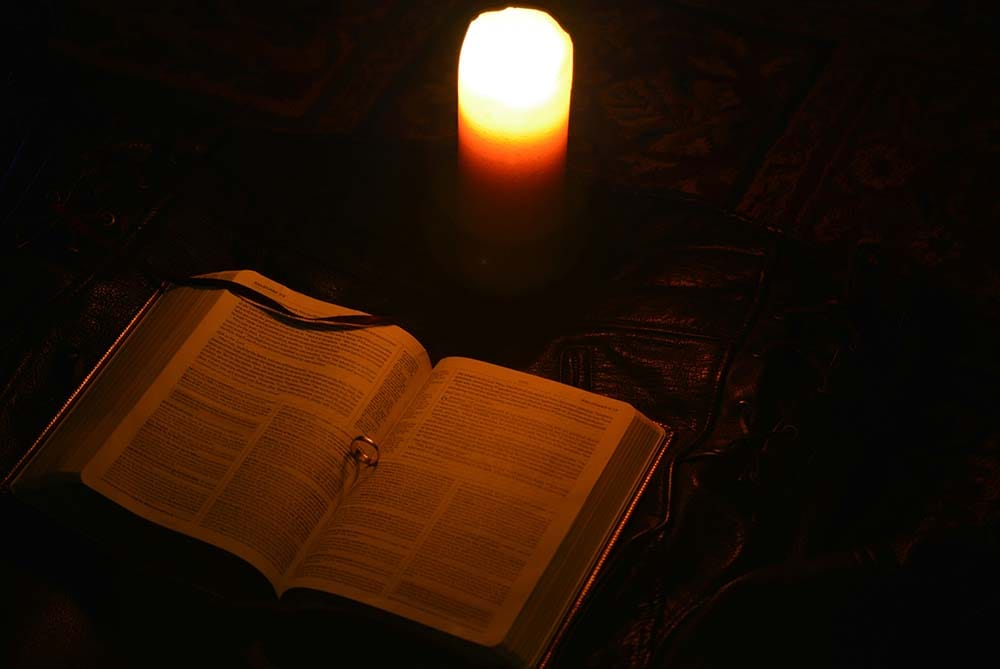In a stirring tone, Job opens this segment like a prophet about to deliver a divine prophecy. He knows that his friends have seen the traces of God's power, but still speak nonsense (v. 12). So he chooses to close the debate with a harsh but truthful teaching, that the fate of the wicked is inevitable. Job describes the fate of the wicked not only as personal destruction, but also collective. Their children will perish by the sword, their families will no longer weep for them. This is not just an apocalyptic imagination, but an echo of the moral structure of the world according to the Hebrew faith, that evil has a time limit and a definite end.
Wealth is described in paradoxical language, silver as much as dust, clothes piled up like the ground. But all of this is fragile, his house is like a spider's web, like a hut made by a guard. The image of splendor turns into a symbol of mortality, the wealth accumulated by the wicked will be inherited by the righteous (v. 17).
Next, Job presents the east wind (v. 21), known as a symbol of destructive power and divine judgment, as the executor of the evil one’s final destiny. This wind is not just weather, but the personification of a great power that strikes mercilessly, carrying the evil one into the void. Then the world, which once witnessed its splendor, turns to scorn and applauds in derision. The image is shocking, the wicked are not only destroyed, but also forgotten with the sneer of history.
Bible friends, Job’s life story is not a shallow and oversimplified story that reveals that suffering is certainly a divine reward. God works in dynamic ways and not always like a “technician” who has detailed steps to build a machine. He reveals His justice not so clearly by showing it through everyday experience. Often He works in silence. It is as if there are no answers to our questions of faith that involve the reasons for suffering and God’s justice. But behind the divine silence, there is a plan that reveals the transience of worldly power and shows the slow but sure continuity of divine justice.

























